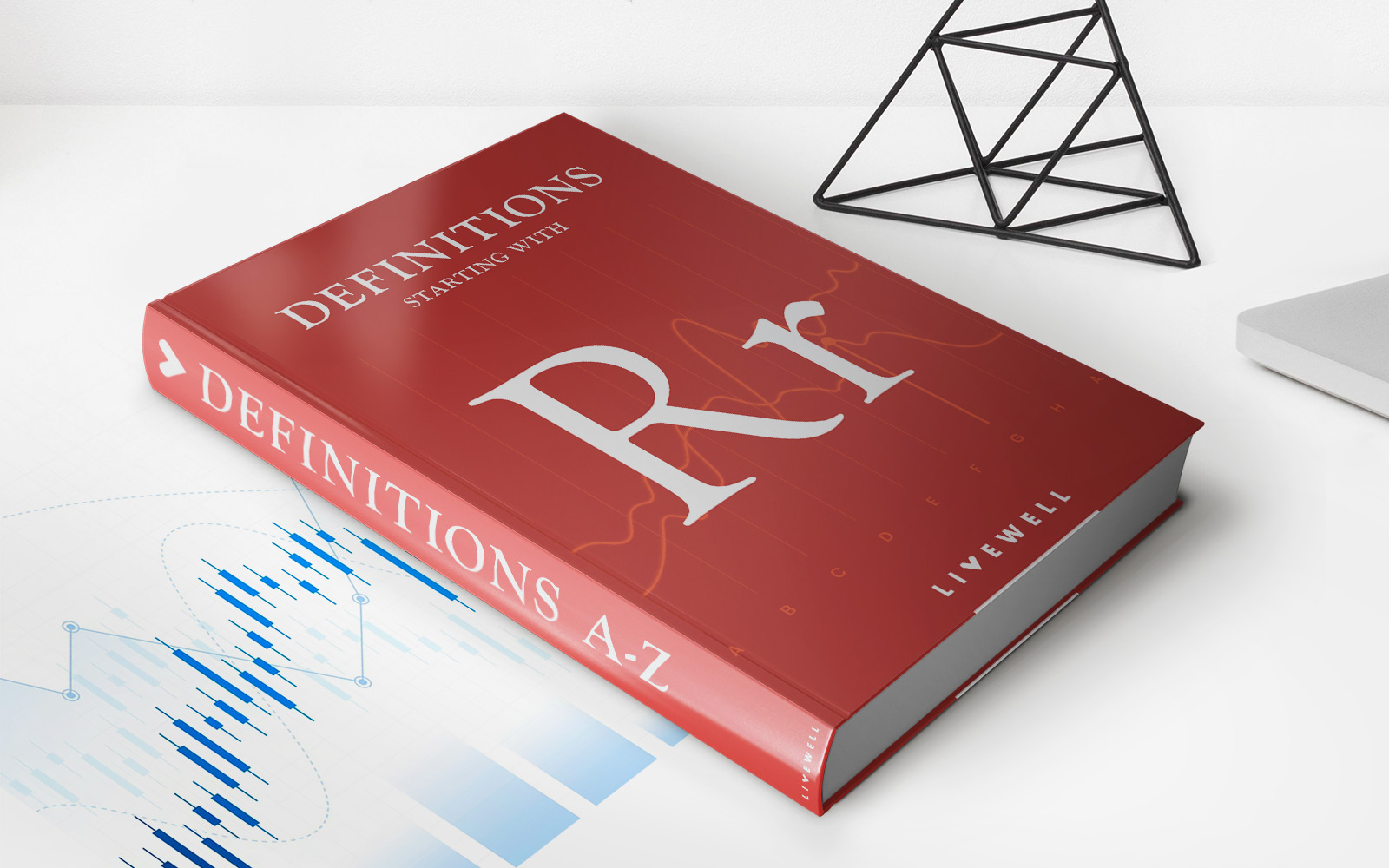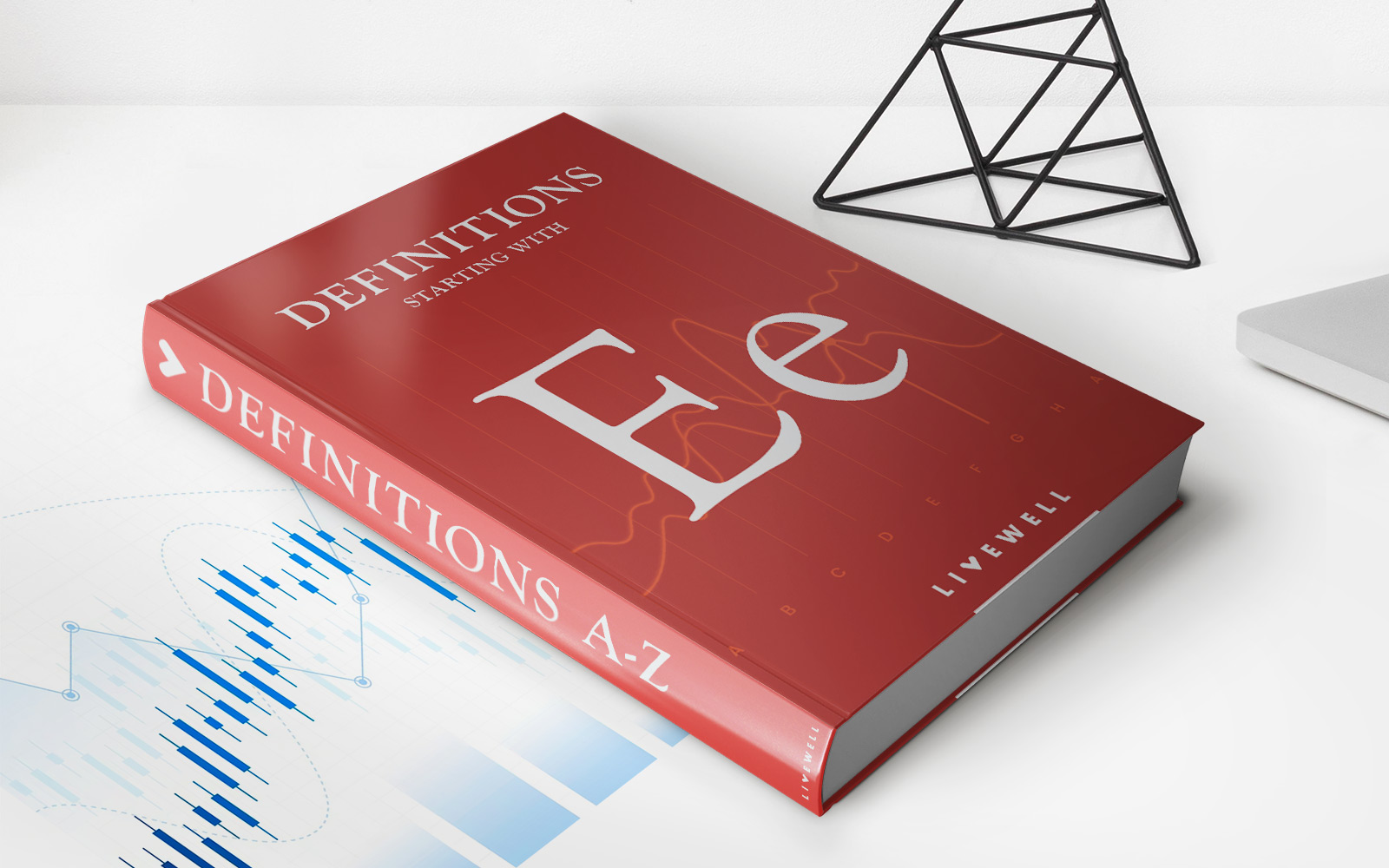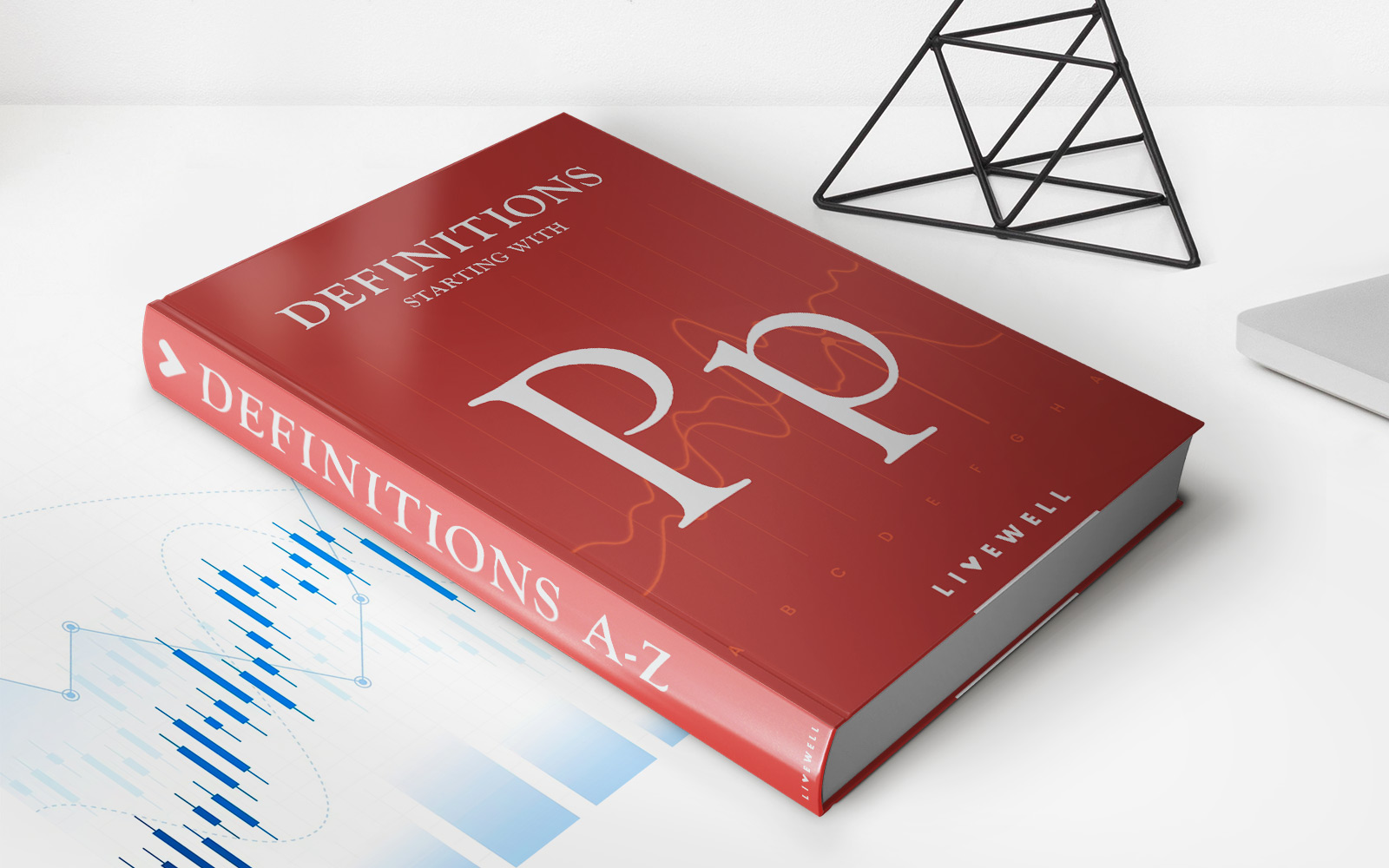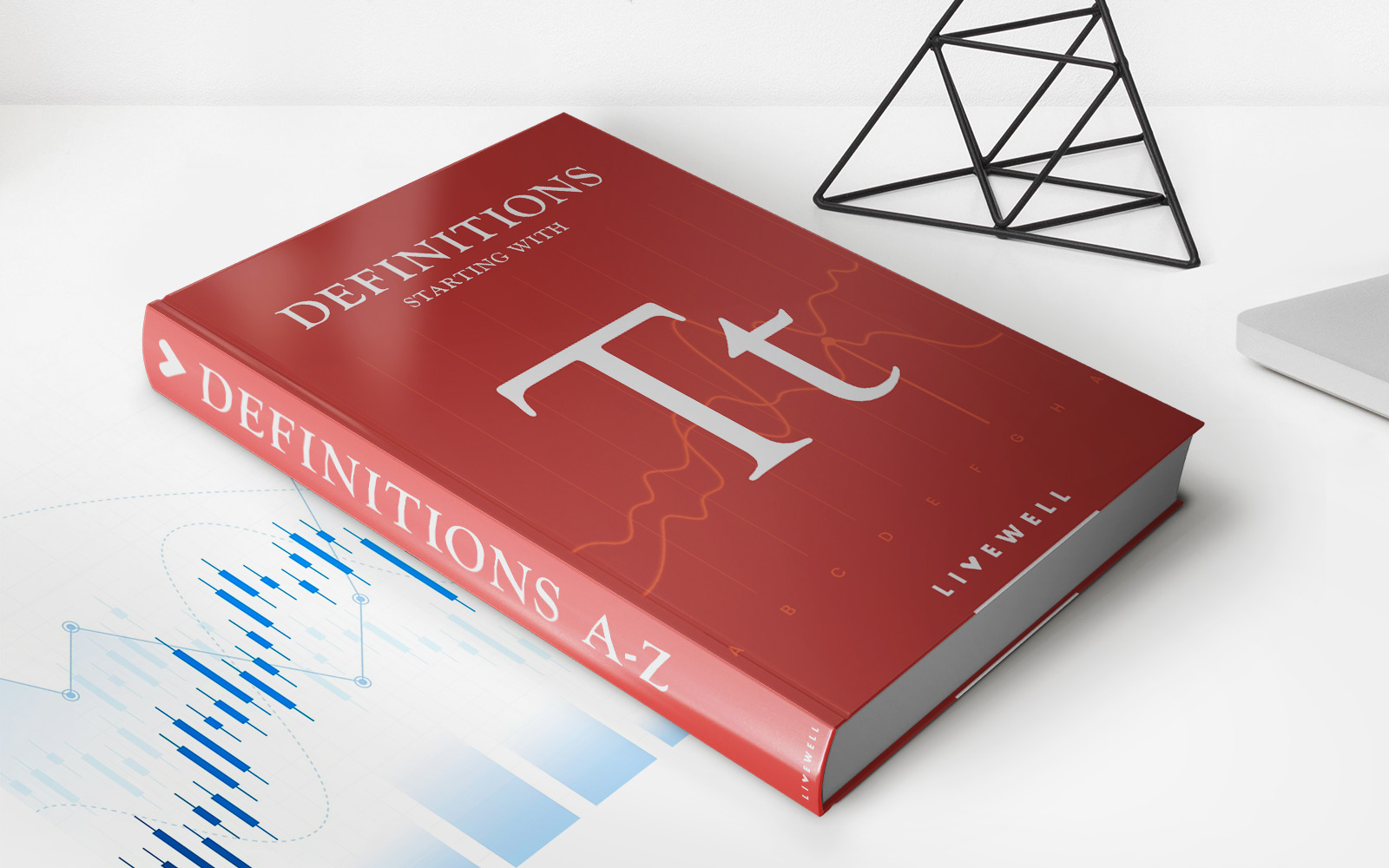Home>Finance>What Is Undue Influence? Definition, How It Works, And Examples


Finance
What Is Undue Influence? Definition, How It Works, And Examples
Published: February 13, 2024
Discover the definition, working process, and real-life examples of undue influence in finance. Understand how it affects decision-making, contracts, and relationships.
(Many of the links in this article redirect to a specific reviewed product. Your purchase of these products through affiliate links helps to generate commission for LiveWell, at no extra cost. Learn more)
Understanding Undue Influence in Finance
When it comes to our finances, we often rely on the advice and guidance of professionals or family members who have our best interests at heart. However, there are situations where individuals may exploit their influence over us for personal gain. This phenomenon is known as “undue influence.” In this article, we will explore the definition, how it works, and provide examples of undue influence in the realm of finance.
Key Takeaways:
- Undue influence occurs when someone abuses their position of power or authority to manipulate and control another person’s financial decisions.
- It can involve tactics such as intimidation, emotional manipulation, isolation, or taking advantage of a vulnerable individual’s trust.
Understanding the Definition of Undue Influence
Undue influence is a legal term used to describe a situation where one party exerts an extraordinary amount of influence and control over another, causing the latter to make decisions that are not in their best interest. In the context of finance, this often involves exploiting someone’s vulnerabilities or dependence on the influencer to gain financial advantage.
Undue influence can occur in various settings, such as family relationships, business partnerships, or caregiver relationships. The influencer may use tactics like manipulation, coercion, emotional blackmail, or even threats to achieve their desired outcome. They may isolate the individual from other sources of advice or support to maintain control over their financial decision-making.
It’s important to note that undue influence is different from legitimate persuasion or guidance. While it’s natural for individuals to seek advice from trusted sources, undue influence crosses ethical and legal boundaries by manipulating and exploiting the vulnerable party.
How Undue Influence Works
Undue influence often starts with the influencer gaining the trust and dependence of the individual. This could be due to a power dynamic or emotional connection. The influencer may then exploit their position to control financial decisions that benefit them while disregarding the best interests of the person being influenced. Here are some common ways undue influence works:
- Exploiting Trust: The influencer gains the trust of the individual and uses this trust to manipulate their financial decisions.
- Coercion and Threats: The influencer may use coercion or threats to force the individual into making certain financial choices against their will.
- Emotional Manipulation: By exploiting the emotions of the individual, the influencer can manipulate them into making financial decisions that benefit the influencer.
- Isolation: The influencer may isolate the individual from friends, family, or other trusted advisors to limit the availability of alternative perspectives.
Examples of Undue Influence in Finance
Undue influence can manifest in various financial scenarios. Here are a couple of real-life examples:
- Example 1: A trusted financial advisor takes advantage of an elderly client’s deteriorating mental faculties to convince them to change their will, leaving a significant portion of their estate to the advisor.
- Example 2: An adult child persuades their aging parent to take on a large debt burden for their benefit, exploiting the parent’s desire to maintain a good relationship and avoid conflict.
These examples demonstrate how undue influence can occur within relationships that should be built on trust and mutual respect.
Conclusion
Undue influence is a serious issue in the financial realm. Understanding its definition, how it works, and the examples provided can help individuals identify when they may be susceptible to manipulation and empower them to seek appropriate support or legal intervention if necessary. Remember, making financial decisions should always be based on informed choices and individual agency, free from undue influence.














